
OR
Factbox: Key milestones on Britain's road to Brexit, and beyond
Published On: December 17, 2019 08:45 PM NPT By: Reuters
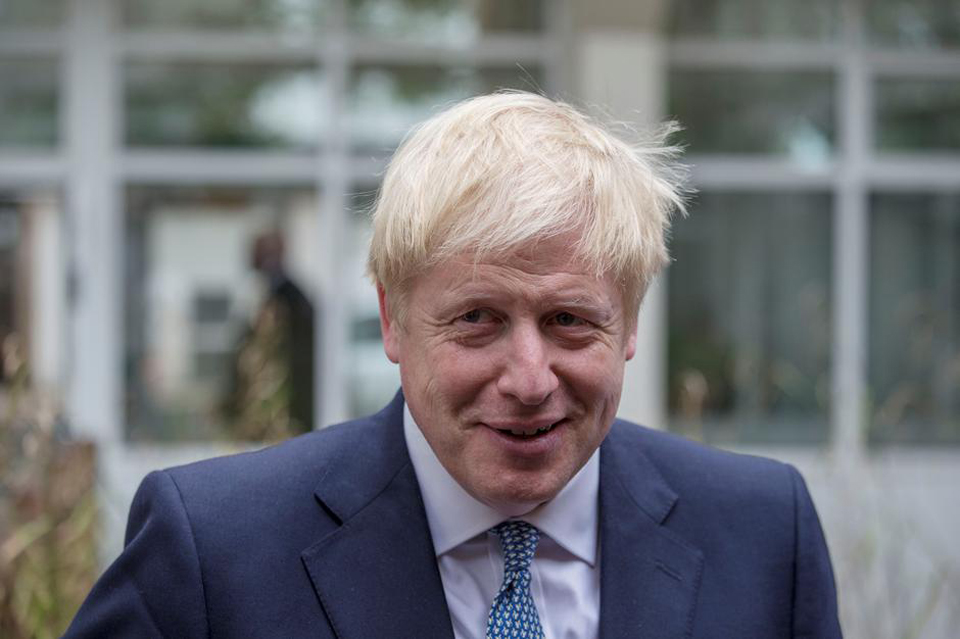
LONDON, Dec 17: Prime Minister Boris Johnson has set a course to take Britain out of the European Union, and negotiate new free trade deals with Brussels and the United States.
Here are the key dates and deadlines to look out for:
Dec. 19 - Johnson sets out his revised agenda for government in a speech read by Queen Elizabeth at the formal state opening of parliament.
Dec. 20 - Johnson presents his Brexit legislation to parliament. This will be the first of several stages that will implement his exit deal into law. Because Johnson won a large majority at an election last week, he is not expected to have any difficulty passing the so-called Withdrawal Agreement Bill.
January - Parliament resumes, and the Withdrawal Agreement Bill is debated and eventually passed into law.
Jan. 31 - Britain is scheduled to leave the EU.
Relations with the EU remain virtually unchanged under the terms of a temporary transition arrangement designed to allow the agreement of a future relationship with the EU based around a long-term free trade deal.
Johnson has the option to extend this transition period, but has promised not to and wants to enshrine this promise in British law.
February/March - Finance minister Sajid Javid is due to announce a budget that sets out how Johnson’s government will meet its election promises on public spending and taxes.
Having left the EU, Britain is free to pursue trade deals with non-EU countries. The United States is top of its list, and the government hopes it can get a deal before the U.S. presidential election in November.
March - The talks with the EU on a free trade agreement are expected to begin. These will look at much more than just trade, and will need to cover arrangements for security, data sharing and foreign policy issues.
Both sides have agreed a political declaration setting out the broad aims for this relationship.
The EU has said the future relationship should be as close as possible and will have to be based on a “balance of rights and obligations and ensure a level playing field”.
March 26/27 - European Council meeting
June - Britain and the EU will hold “high level” talks to take stock of progress in the negotiations. Both sides have already said they want to have reached some agreement on fisheries and financial regulation equivalence by the end of the month.
Although Johnson is committed not to extend the transition period, if he changes his mind the extension has to be requested by the end of June.
Nov. 3 - U.S. presidential election
The outcome of the election could shape the future relationship between Britain and its closest ally. If a trade deal has not yet been concluded, the shape of any deal could rapidly change if Donald Trump - a strong supporter of Johnson - is not re-elected.
Dec. 31 - Transition period ends
Any new agreement reached with Brussels will come into effect on Jan 1, 2021. If no agreement has been reached, Britain will revert to trading with the EU on World Trade Organization terms - potentially leading to tariffs, checks and other non-tariff barriers.
You May Like This
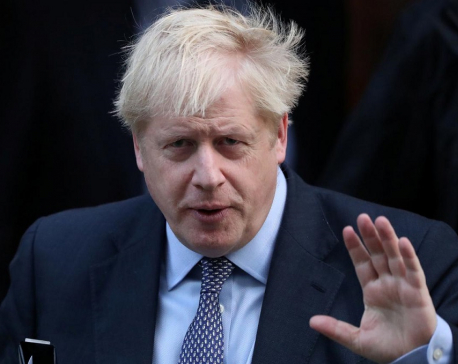
Johnson plans to block extension of Brexit transition beyond 2020
LONDON, Dec 17: British Prime Minister Boris Johnson will take the bold step of legislating to prevent any extension of... Read More...
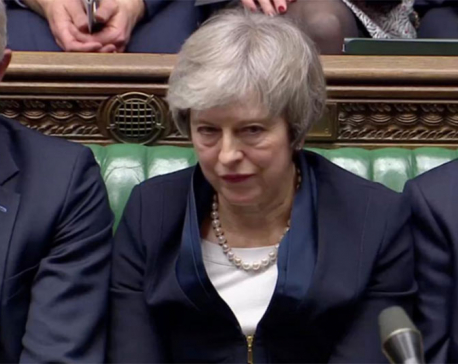
Brexit bedlam: May's EU divorce deal crushed by 230 votes in parliament
LONDON, Jan 16: British lawmakers defeated Prime Minister Theresa May’s Brexit divorce deal by a crushing margin on Tuesday, triggering... Read More...
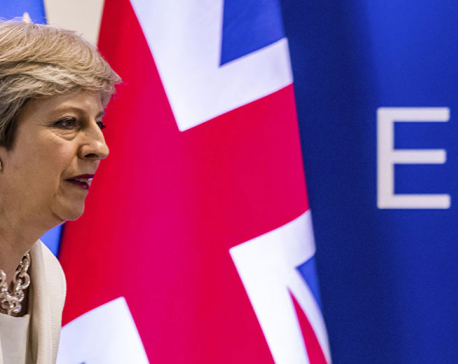
Brexit abyss
Brexit reveals a major dilemma of democracy. What is to be done when a country is deeply divided on a key... Read More...



Just In
- Salyan bus accident update: Four severely injured referred to Kohalpur
- Over 600 permits issued so far for spring climbing season
- SPG automobiles celebrates over 150 Omoda deliveries in Nepal
- Supplementary writ petition filed at SC against Gandaki CM Adhikari
- JCB expands presence in Nepal with enhanced warranty and training support
- 1,280 packets of cigarettes being illegally transported to India seized from Jamunaha
- Ministry of Agriculture invites applications for General Manager of DDC
- CIAA arrests Engineer Baral of Pokhara Metropolis in bribery case





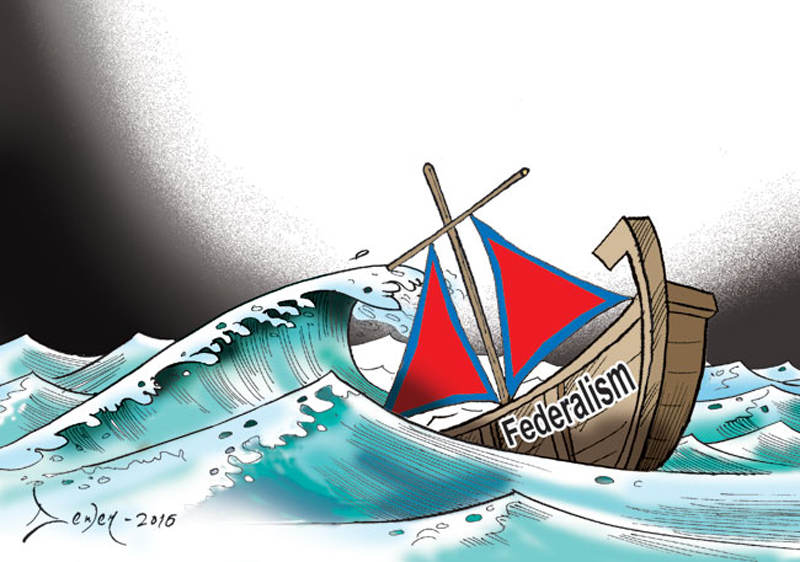










Leave A Comment